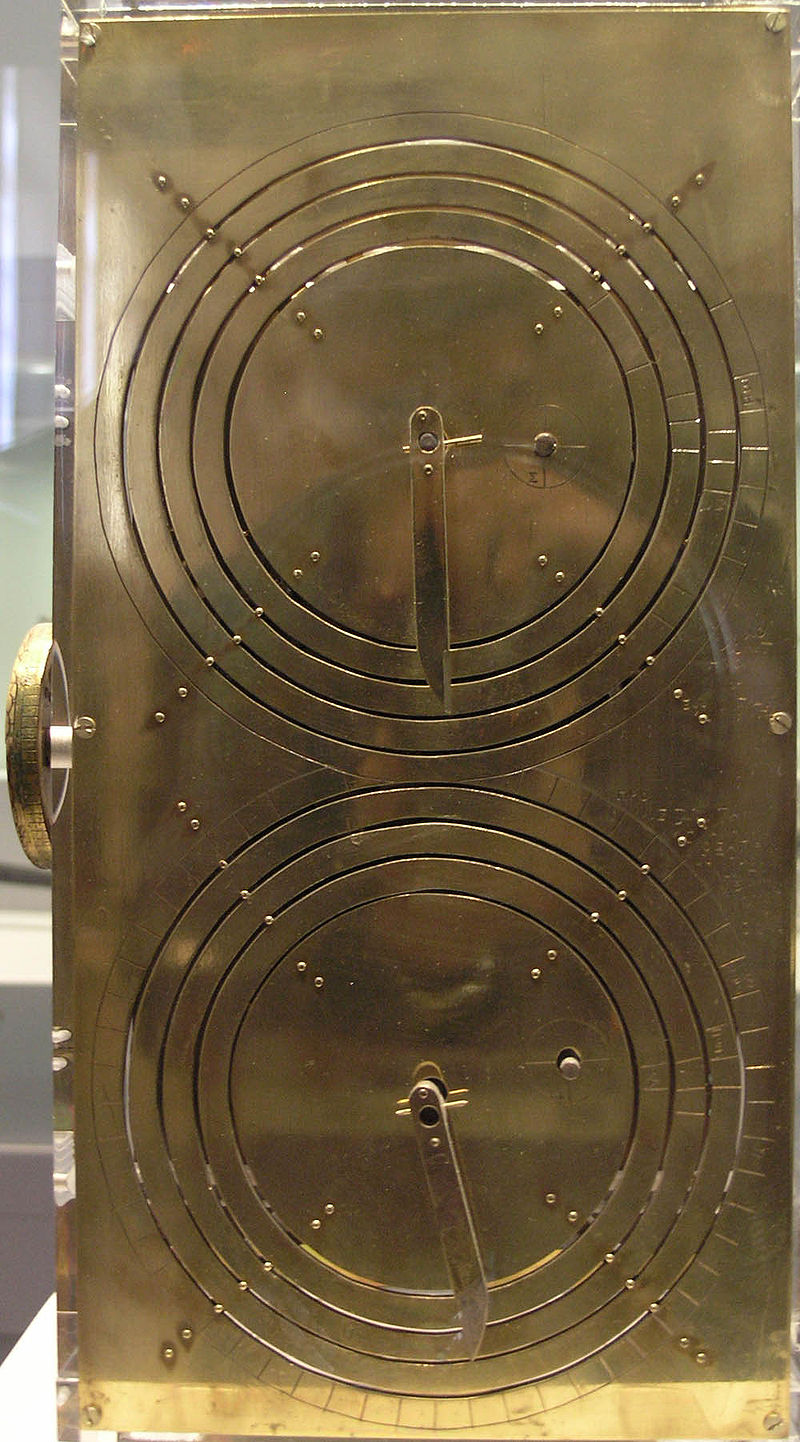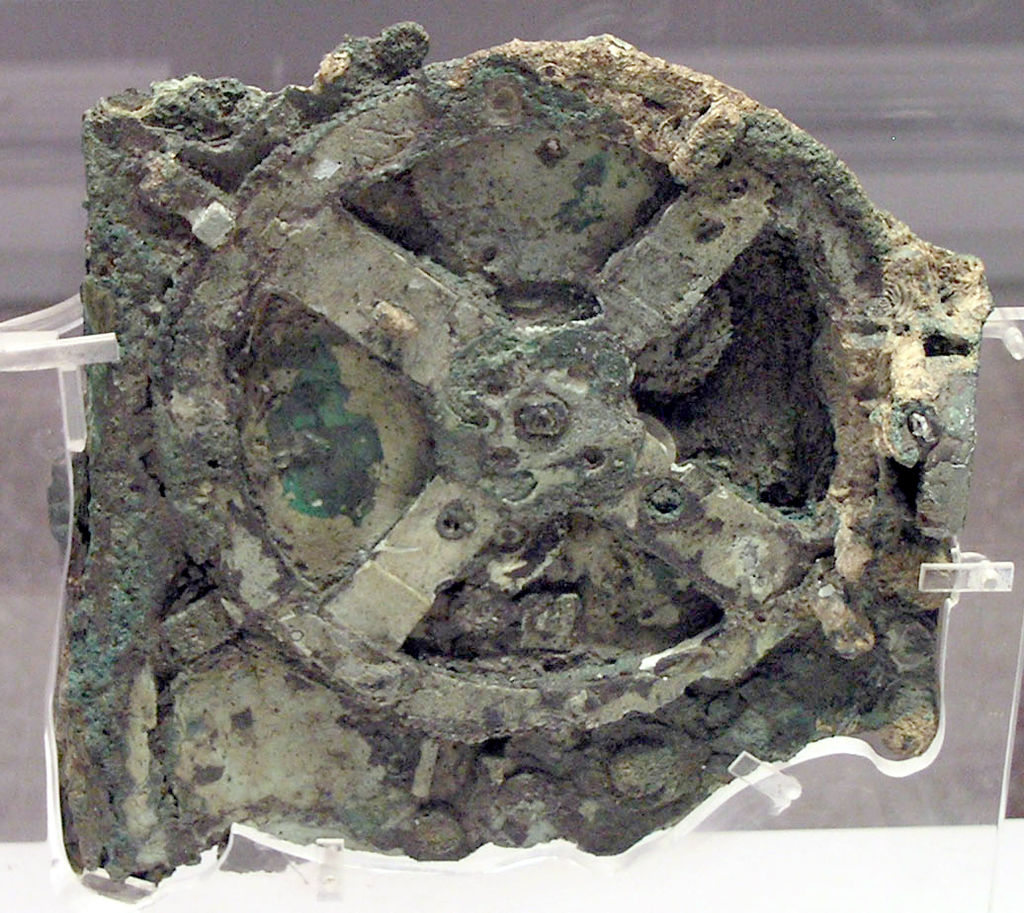A Journey Through the History of Computing: From Ancient Times to Modern Pioneers
Computing, as we know it today, is the result of centuries of intellectual development, but its history begins long before electronic computers and modern lines of code. The first traces of computation date back to the 10th century BC, when the Babylonians, and possibly even the Chinese and Indians, used rudimentary tools to perform arithmetic operations.
Ancient Roots of Computation: The Abacus and Suan-Pa
The abacus is considered the earliest known mechanical calculating tool. This device, although seemingly simple, was actually a sophisticated machine for counting, used by ancient civilizations such as the Babylonians, Chinese, Greeks, and Romans. Made up of a board with numbered grooves and movable pebbles, the abacus allowed for basic but essential calculations.
In the ancient East, the abacus evolved into the suan-pa, the Chinese abacus, which is still in use in many parts of the Far East today. A more modern and easily recognizable version is the pallottoliere, an abacus with beads threaded on wooden sticks, still used for simple but effective counting.
Celestial Mechanics: The Antikythera Mechanism
In 150 BC, an extraordinary discovery took us even further back in time. The Antikythera mechanism, found in a shipwreck off the coast of Greece, is one of the most advanced mechanical instruments ever created in antiquity. This sophisticated "planetarium" was capable of calculating celestial movements, such as the rise of the sun, moon phases, planetary movements, and even determining the dates of the Olympic Games. The device was powered by a complex system of gears, a remarkable testament to the technical capability of the ancient Greeks and their passion for astronomy.

|

|
Theory and Linguistics: Pāṇini and Computational Grammar
In the 5th century BC, in India, the grammarian Pāṇini wrote the Aṣṭādhyāyī, a grammar of Sanskrit that contained 3959 rules. What makes this work fundamental for the history of computing is its extraordinary systematic and technical structure. Pāṇini used metarules, transformations, and recursions—principles that, though in a linguistic context, are now foundational to programming and formal language theory.
The Beginning of Modern Computation: Pascal, Leibniz, and Babbage
Moving into the 17th century, we encounter the first developments of modern mathematics that set the stage for computing. Blaise Pascal, in 1642, invented the Pascaline, one of the first mechanical calculating machines capable of performing additions and subtractions. This was just the beginning, and the next step was taken by Gottfried Wilhelm Leibniz, who in 1673 designed the Stepped Reckoner, a device capable of multiplying and dividing numbers.
But the true leap toward modern computation came with Charles Babbage, who in the 19th century designed the Analytical Engine, a mechanical device that foreshadowed modern computers. Although he was unable to build it due to the technological limitations of his time, Babbage left an indelible mark on the evolution of calculating machines.
Ada Lovelace and the Code of Computers
If Babbage is the "father" of computers, Ada Lovelace is their "mother." The daughter of poet Lord Byron, Ada collaborated with Babbage and realized that the Analytical Engine should not just perform numerical calculations but could be programmed to perform any kind of operation. Ada wrote the first algorithm intended to be executed by a machine, and she is often considered the first programmer in history.
From the 20th Century to Today: Turing, Zuse, and Electronic Computation
In the 20th century, computing made a qualitative leap with the advent of electronic computers. The genius of Alan Turing paved the way for computational theory, formulating the concept of the Turing Machine, a theoretical basis for universal computation. Meanwhile, in Germany, Konrad Zuse built one of the first programmable automatic computers, the Z3.
In the United States, John Atanasoff and Clifford Berry designed the Atanasoff-Berry Computer, while John von Neumann developed the von Neumann architecture, which would become the foundational structure for all modern computers.
Computing as a Science: De Finetti, Wiener, and Aiken
With contributions from Bruno de Finetti, Norbert Wiener, and Howard Aiken, computing became a distinct science capable of tackling both theoretical and practical issues. De Finetti, with his probability theory, Wiener with cybernetics, and Aiken with his work on the Harvard Mark I, all helped shape the future of computing as we know it.
A World of Infinite Evolution
This brief historical overview shows how computing is not a discipline that appeared suddenly, but rather has deep roots in centuries of discoveries and inventions, from the early milestones of mathematics and linguistics to the inventions of the great pioneers of the 20th century. Today, computing is one of the most powerful forces in the modern world, but its origins lie in an extraordinary and fascinating past that deserves to be told.








Leave a Comment